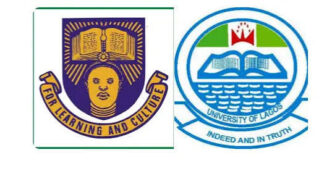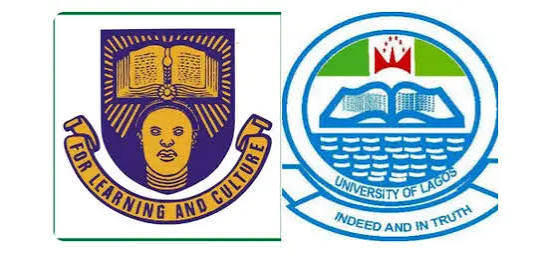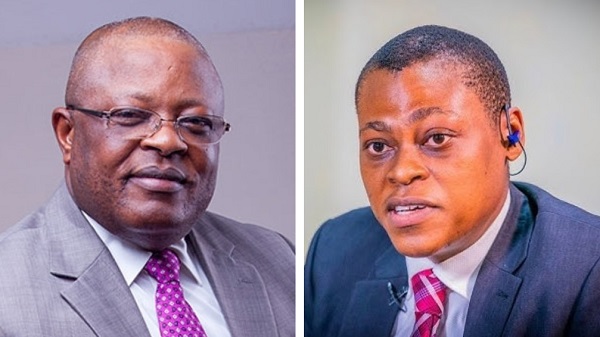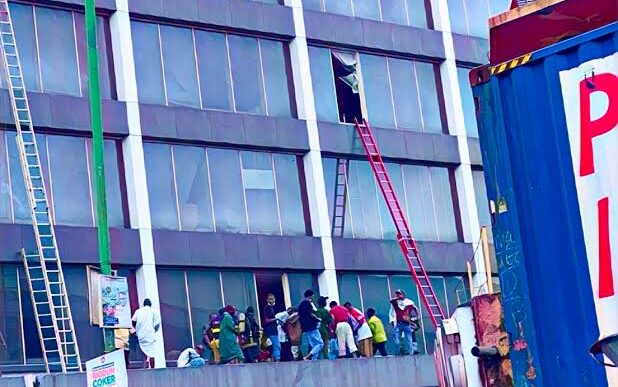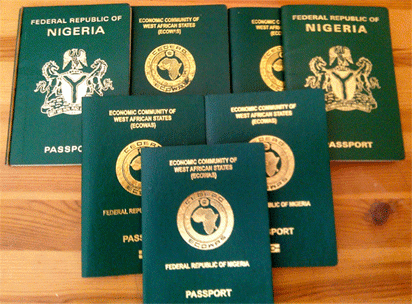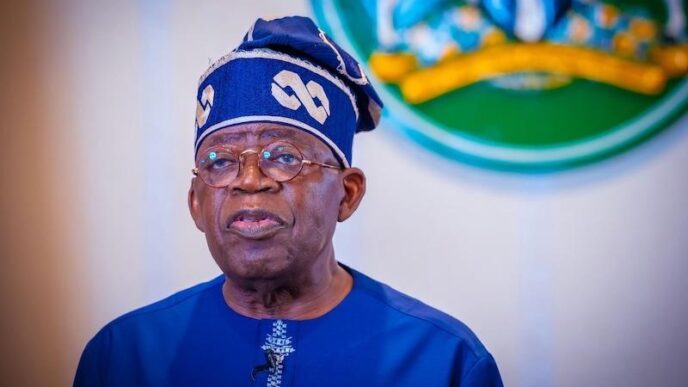The law firm Nnadi & Co has taken legal action against Obafemi Awolowo University (OAU) and University of Lagos (UNILAG) over alleged irregularities in their recent post-UTME examinations and the reported withholding of some candidates’ results.
Gatekeepers News reports that in a letter dated September 11, signed by Keke Nnadi and addressed to the Speaker of the House of Representatives, the firm called for an investigation into the post-UTME processes of both universities.
It urged that students accused of examination malpractice be granted access to their results and given a fair hearing before any disciplinary measures are imposed.
Copies of pre-action notices were also sent to both universities, demanding that candidates be allowed to review their answer scripts and the marking schemes used. The firm gave OAU and UNILAG a 30-day deadline to respond to its demands.
Education activist Alex Onyia said he had received over 1,000 complaints from students who claimed to have experienced glitches during the computer-based test. He also alleged that OAU’s ICT department deliberately marked down certain candidates.
UNILAG, however, denied withholding any results. In a letter signed by its registrar, Abosede Wickliffe, the university clarified that only students found guilty of examination malpractice were disqualified and duly informed of the decision.
Following the universities’ responses, Nnadi & Co filed a lawsuit on behalf of five affected candidates, seeking a court injunction to halt OAU, UNILAG, and the Joint Admissions and Matriculation Board (JAMB) from continuing their admission processes until the motion is heard. Onyia later said on X that a court order had temporarily suspended the ongoing admissions.
In reaction, OAU’s management, through a letter signed by Yinka Ayantola, questioned the legality of the lawsuit, stating that Nnadi lacked the authority to file it without a valid 2025 Nigerian Bar Association (NBA) seal.
Meanwhile, calls to abolish post-UTME have grown stronger, with critics describing it as a form of legalised extortion. Parents and education stakeholders contend that the Joint Admissions and Matriculation Board’s examination already provides a sufficient measure of candidates’ academic abilities, making the additional test unnecessary.

